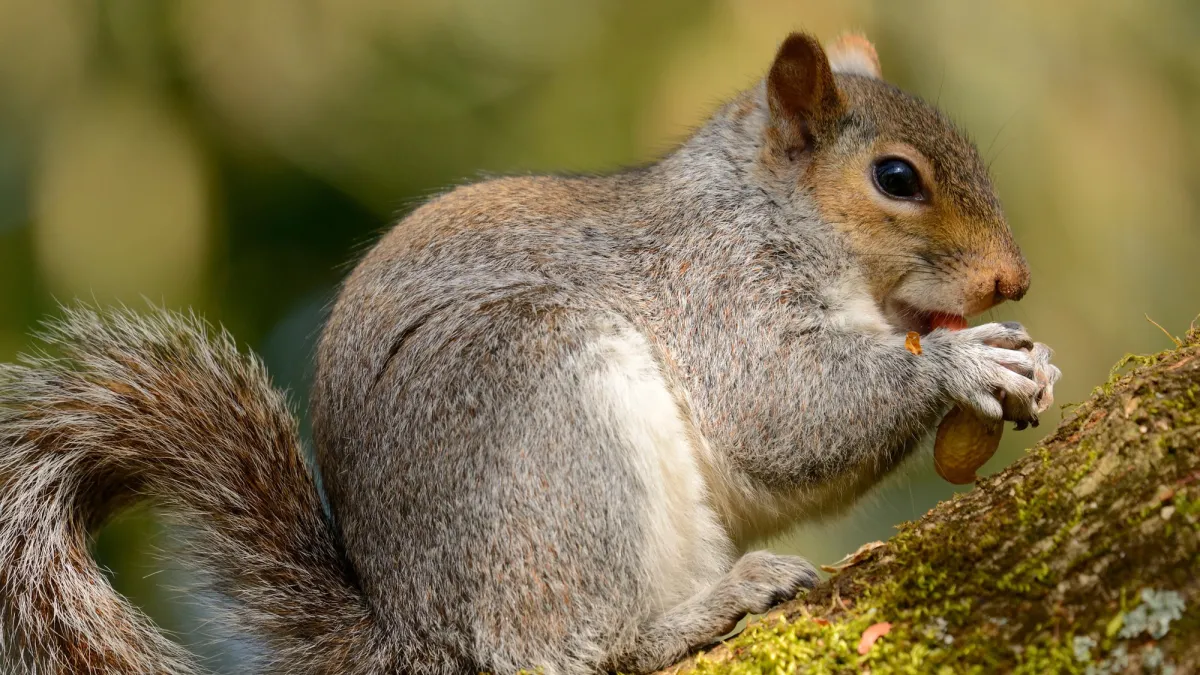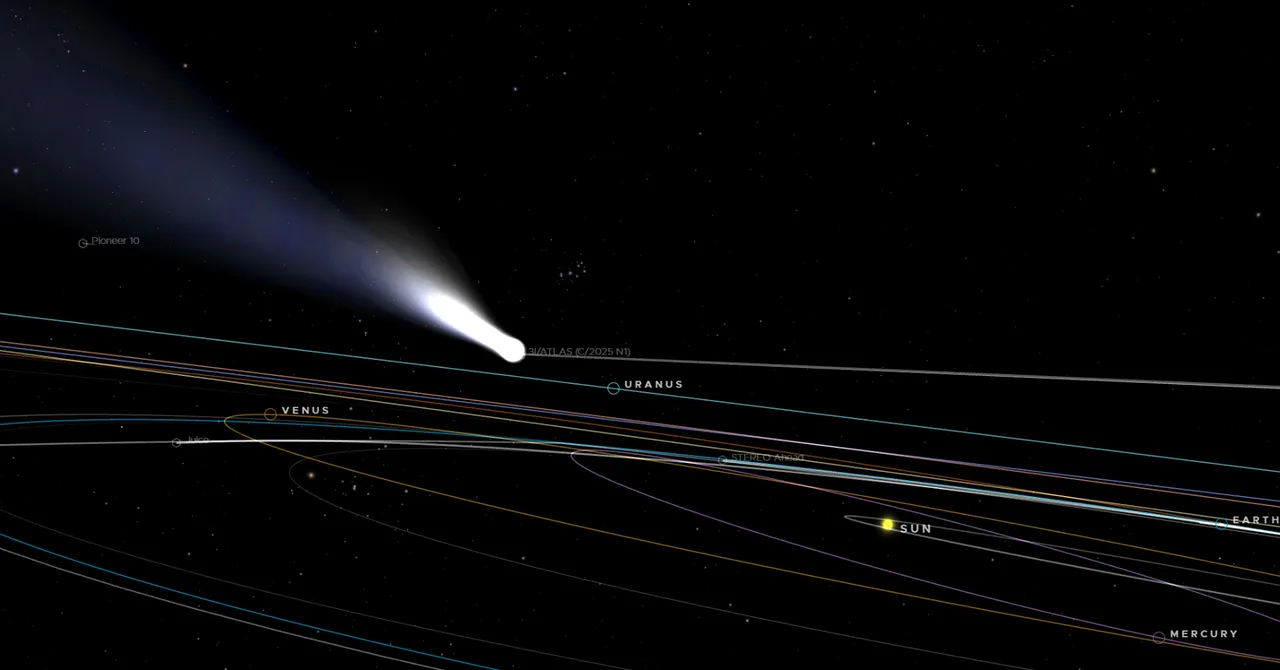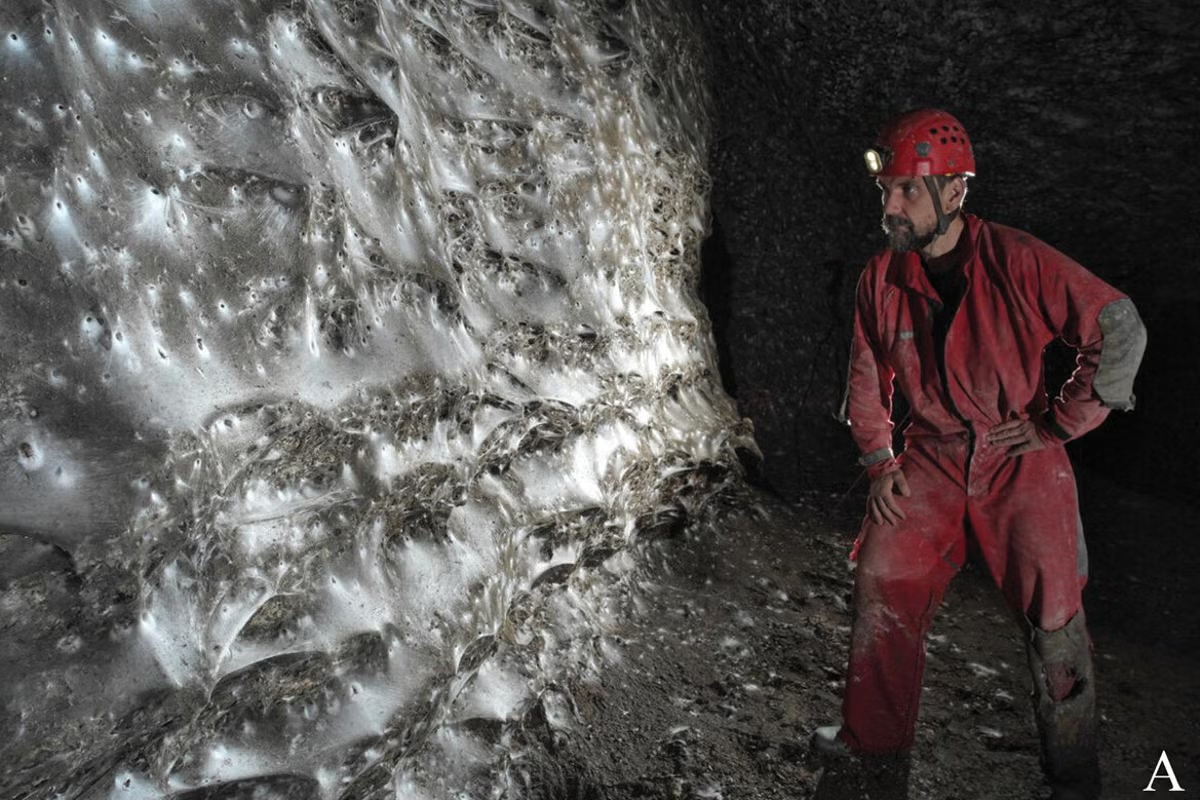Prolonged use of the common sleep supplement melatonin could be linked to hospitalisation for heart failure, or even death, a new large-scale…

Prolonged use of the common sleep supplement melatonin could be linked to hospitalisation for heart failure, or even death, a new large-scale…

As someone who routinely “hides” things from myself—car keys, receipts, even my phone while I’m actively talking on it—I…

On December 19, it will pass about 270 million kilometers from Earth, almost 700 times the average distance between our planet and the moon. Astronomers believe that for a few days the most powerful telescopes will be able to observe it to better understand its composition. However, because of…

Scientists have unveiled a groundbreaking preliminary atlas charting the intricate development of brain cells from early embryonic stages to…

Researchers have discovered what could be the world’s largest known spider’s web, an arachnid “megacity” teeming with tens of thousands…

A widely prescribed diabetes drug may be blunting the beneficial effects of exercise in patients, a new study suggests.
More than 450 million…

Colorful northern lights may be seen across more than 20 states Thursday and Friday nights…

Frankenstein’s creature is coming back to life – again. As Guillermo del Toro’s new adaptation of Mary Shelley’s gothic masterpiece…